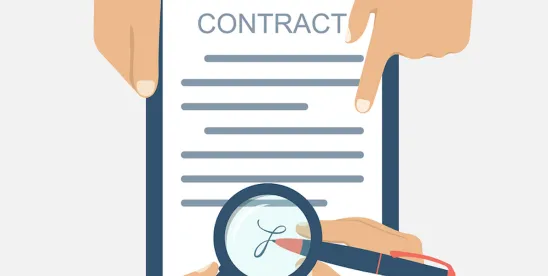On 18 June 2024, California Governor Gavin Newsom and state legislative leaders reached an agreement with the California Chamber of Commerce and business and labor groups to reform California’s Private Attorneys General Act of 2004 (PAGA). The deal will alter the PAGA litigation landscape while avoiding the ballot measure scheduled for November.
The reform proposal is aimed at lessening PAGA penalties for employers attempting to comply with the California Labor Code (Labor Code) while increasing penalties for those that maliciously or fraudulently violate it, as well as streamlining litigation. The official announcement from the Office of the Governor states that the PAGA reform proposal will enact the following changes:
Adjustment of Penalty Structure
The reform will aim to encourage PAGA compliance by lessening penalties on responsible employers while increasing penalties for employers who act maliciously, fraudulently, or oppressively in violating labor laws. Specifically, penalties will be capped for employers who quickly redress violations by making workers whole or who take proactive steps to comply with the Labor Code. In addition, the amount of the penalty allocated to employees will increase from 25% to 35%.
Decrease in Litigation
The new legislation will require employees to have personally experienced an alleged violation to bring a PAGA claim based on that violation. This is a stark departure from current California caselaw holding that an employee need not have suffered a violation to have standing to assert that violation in a PAGA action.1
The reform also seeks to reduce the need for litigation by increasing the number of Labor Code sections that can be cured and by creating a right-to-cure process for small employers through the Labor and Workforce Development Agency.
Expansion of Court Powers
The new legislation will codify the right of courts to limit the scope of claims and evidence presented at trial to ensure PAGA cases are managed effectively. This change comes on the heels of the California Supreme Court’s recent ruling precluding trial courts from exercising their inherent authority to dismiss PAGA claims with prejudice for lack of manageability.
Courts will also be empowered to provide injunctive relief requiring businesses to implement changes to the workplace to redress Labor Code violations.
Stronger State Enforcement
Finally, the reform will permit the California Department of Industrial Relations to expedite hiring and fill vacancies to ensure effective and timely enforcement of employee wage and hour claims.
NEXT STEPS
According to California State Senate President pro Tempore Mike McGuire, the next steps for implementing the agreed-upon reform include working with Speaker of the California State Assembly Robert A. Rivas to move legislation forward. It is currently unclear whether this new legislation will replace an existing PAGA bill or if it will be placed into a set of expedited bills that are approved through the state’s budget process. Proponents of the November PAGA ballot initiative have agreed to withdraw their ballot measure once the new legislation is passed and signed into law.
In the meantime, however, the state of PAGA litigation remains status quo. Accordingly, employers should continue to review their wage and hour practices and policies to maximize compliance with the Labor Code. We will continue to monitor the proposed legislation as more information becomes available.
FOOTNOTES
1 See, e.g., Kim v. Reins Int’l Cal., Inc., 9 Cal. 5th 73, 80 (2020) (“Settlement of individual claims does not strip an aggrieved employee of standing, as the state’s authorized representative, to pursue PAGA remedies.”).




 />i
/>i

